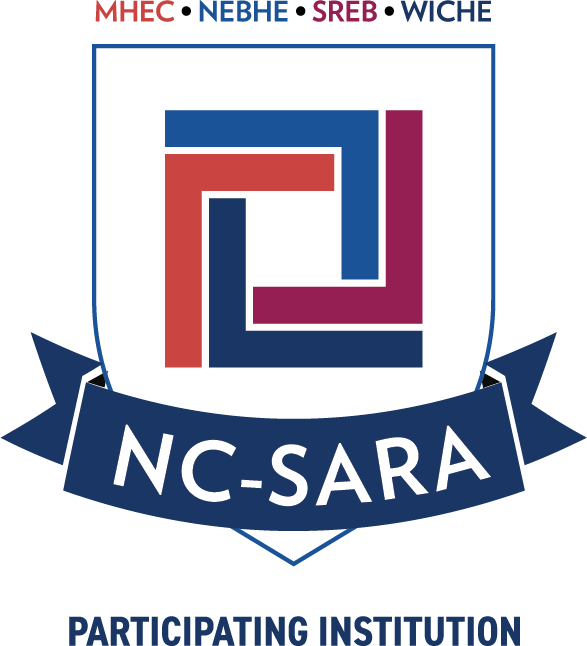Online Success Strategies
Online courses can be a great way to get the education that you need in a format that is convenient to busy lifestyles. However, an online course is neither easier nor less work than an on-campus course! Online students who wish to be successful must be aware of some fundamental truths and some pervasive myths about taking online courses.
Traits of Successful Online Students
Students who have the potential to be successful, share a common set of traits that allow them to navigate the online environment.
These traits include:
A high level of individual motivation and self-discipline: An online student should be confident to ask his or her own questions instead of waiting for classmates to ask, and to contact the instructor and other students in the class for further assistance.
Time management skills and organization: Time must be carefully planned when taking an online course. There are no scheduled class meeting times with instructor face-to-face time. Students must be responsible for knowing and meeting all deadlines. If you have difficulty keeping up with homework and assignments in an on-campus course, then online courses may be even more challenging!
Excellent reading comprehension and writing skills: In an online course, everything you do is written, from interacting with your classmates, to submitting assignments and contacting your instructor. If you have difficulty with reading and writing skills, it may have an adverse effect on successful communication in an online class. All developmental courses should be successfully completed prior to registering for an online course.
Technical ability: An online student must be comfortable with technology. If you have difficulty installing programs or get frustrated with common technology problems, you may want to rethink your choice of an online course. Instructors may require students to install specific programs for their course. The internet may be down when you want to work on your assignments, causing added frustration. Consider your response to the aforementioned scenarios prior to registering for an online course.
Online Course Myths
Online courses are easier: This is not true! Online courses are as rigorous as on-campus courses, and present a challenge due to the format of the class.
I can do course work at my own pace: Rarely. Online courses follow the school calendar and have strict deadlines for submission of assignments, discussions and exams.
Taking an online course as a late registrant without adequate preparation is a good decision: Rarely. Data indicates that students who enroll in an online course as a last resort are much less successful than those who take the time to adequately prepare.
It is easier to take online courses than traveling to campus: Taking a full load online will usually mean more work, and possibly much more, than a full load on-campus. Think carefully!
Tips for Online Success
These are some simple tips and strategies that will help you keep it together and be successful.
Don’t Procrastinate: Check the student learning outcomes for each module and each assignment at the beginning of each week and manage your time. Do not leave your work until the last minute. Unexpected technical issues may arise, and support may not be immediately accessible.
Participate: Student interaction in an online course is reflected in course discussions and assignments. Do not wait to post your thoughts. Post early and often, and make sure to read the directions for each discussion. Participate by asking questions and interacting with fellow classmates and the instructor.Pace Yourself: Use a calendar, set aside designated time for online coursework, and schedule due dates. Do not try to cram all of your work into one session a week. Students who schedule specific blocks of time during the week to log in and work on their online courses seem to be much more successful with less stress.
Talk to Your Instructor: If you are having a problem, need an extension, or just have a question, contact your instructor sooner rather than later. The quicker a problem is discussed, the better the chances of resolution.
Get Academic Tutoring
Visit Online Tutoring

Brightspace Help
Submit a Ticket to SUNY Online Help Desk
or call
1-844-673-6786
*Press option 1 to reach the Help Desk

Suffolk County Community College has been approved to participate in State Authorization Reciprocity Agreements.
